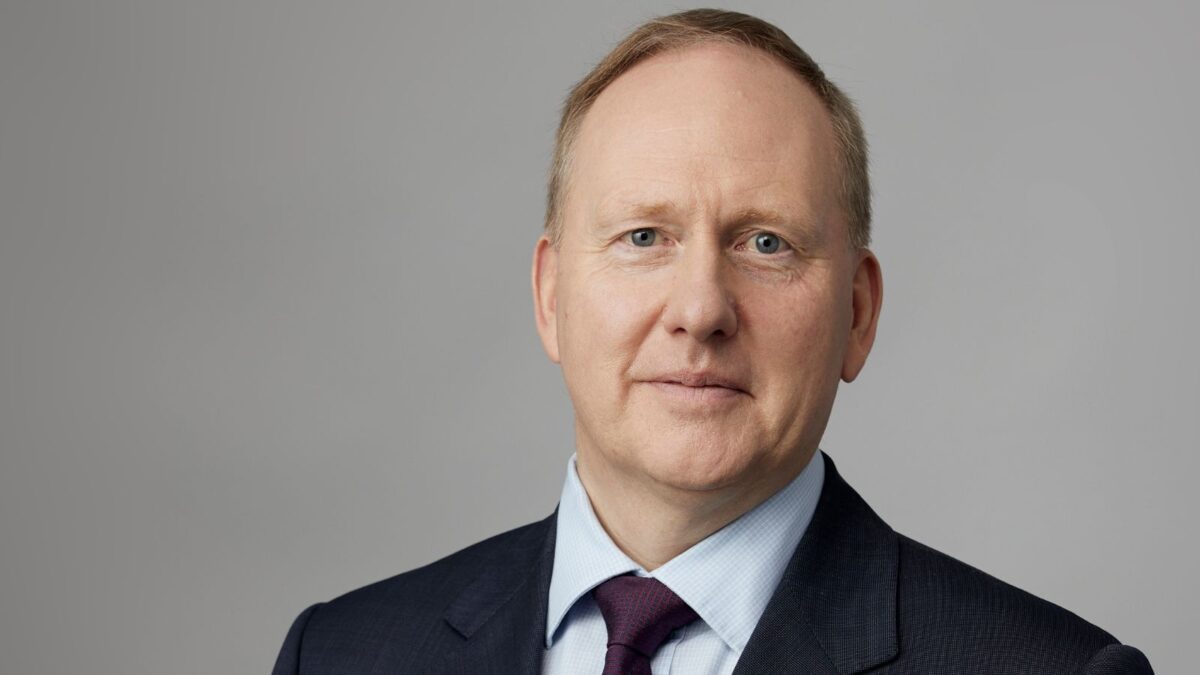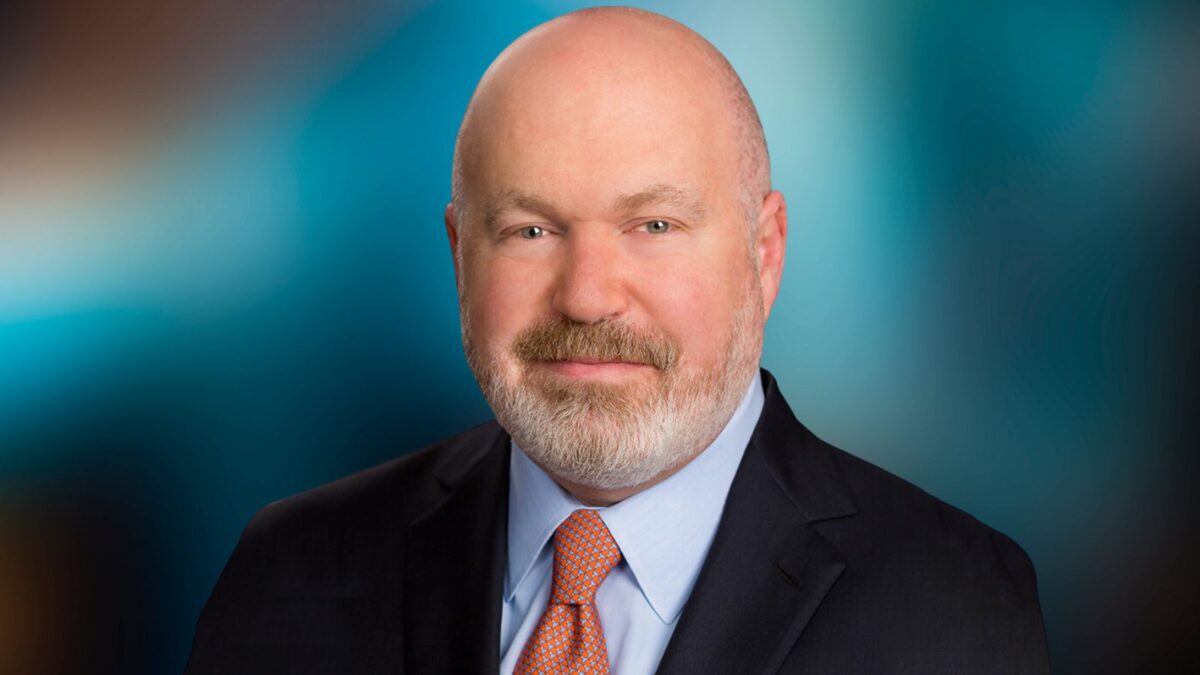Why we don’t need central banks to be independent
(pictured: Joachim Fels)
The increased danger of deflation, rather than inflation, has prompted commentators such as Joachim Fels, PIMCO managing director and economic advisor, to wonder whether it would be so bad if central banks were no longer independent of government.
In a paper produced last week, ‘The Downside of Central Bank Independence’ Fels argues that inflation is not much of a worry in most countries but, because of their independence, central banks are restricted in their response to deflationary prospects.
He says: “Central bank independence is widely accepted as a necessary prerequisite for successful monetary policies. But considering political sentiment these days, along with the decline in inflation over the past few decades, there is a chance that this independence could come into question. If so, that scenario is not as scary as you might think.”
Independence from government and the political process is obviously helpful when the main enemy is high inflation because it helps monetary authorities do “tough” things, he says. But what happens when the main enemy is deflation, debt overhang and financial crises?
“Critics point out how the need or desire to defend their independence often hinders central banks from swiftly addressing these problems in the most direct and effective way – say, ‘helicopter money’ or overt lender-of-last-resort action to underwrite troubled financial institutions or sovereigns,” he says.
“Instead, independent central banks have had to deploy second-best interventions such as quantitative easing or negative interest rate policy which distort financial markets and can have severe distributive consequences.”
So, the central banks may be dealing with second-best tools and they may also be delving into an area which is best left to elected officials.
Fels’ paper concludes that: “Aggressive independent monetary policies across the world haven’t yet delivered inflation, and fiscal foot-dragging persists. A union of fiscal and monetary policy may become an option if the economy continues along this path.”









